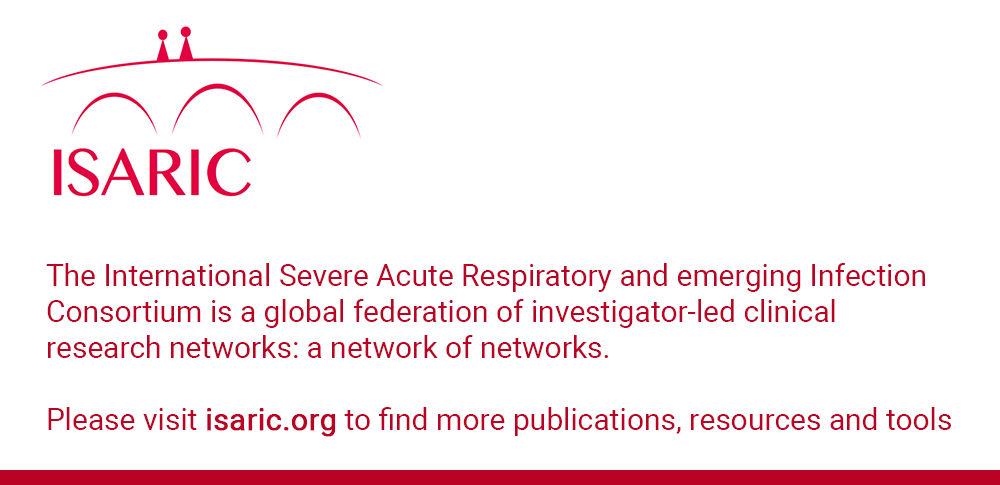
Major infectious disease outbreaks are a constant threat to human health. Clinical research responses to outbreaks generate evidence to improve outcomes and outbreak control. Experiences from previous epidemics have identified multiple challenges to undertaking timely clinical research responses. This scoping review is a systematic appraisal of political, economic, administrative, regulatory, logistical, ethical and social (PEARLES) challenges to clinical research responses to emergency epidemics and solutions identified to address these.
Study of volunteer blood donors in Martinique provides new information about Zika virus infection
by ISARICThis pioneering study provides a precise follow-up of incident cases and seroprevalence in blood donors, and it also provides important insights into the management of blood donations during ZIKV outbreaks and into the natural history of ZIKV infection in adults. It suggests that the study of blood donors during outbreaks of emerging pathogens has become a key element of epidemiological surveillance.
A study performed by the Institut National de la Santé et de la Recherche Médicale (INSERM) team of Dr Ali Amara (U944, Paris, France) and published in Cell Reports sheds new light on the mechanisms allowing ZIKV to infect cells within the human nervous system. Amara et al. showed that the protein Axl is expressed in a number of brain glial cells and that the entry of ZIKV into these cells requires another protein, Gas6, to act as a bridge between the ZIKV particles and the glial cells.
This guide, developed by the WHO and released in December 2013, aims to facilitate implementation research in LMICs.
Submit an article
We welcome contributions from members. Please submit an article for review by our editorial team.
Upload nowCategories
- Antibiotics (2)
- Asia (4)
- Child Health (1)
- Childhood (1)
- Clinical trials (5)
- Communications (Mesh) (1)
- Community Engagement (3)
- Coronavirus (24)
- COVID-19 (WEPHREN Resources) (14)
- CRF (2)
- Data Management (1)
- Data Management and Statistics (2)
- Disease-specific Guidance (3)
- Epidemics (Mesh) (4)
- Ethics and Informed Consent (1)
- Funding (5)
- Global Health (2)
- Global Health Research Ethics (3)
- Health Inequality (2)
- Health Policy and Management (4)
- Infectious diseases (17)
- Maternal/Fetal health during pregnancy (1)
- Operational/Governance (17)
- Pandemic preparedness (13)
- Pneumonia (3)
- Press Release (2)
- Publications (3)
- Regulations and Guidelines (5)
- Reports (2)
- Resources (11)
- Sampling (2)
- Statistics (1)
- Study Protocols (5)
- Training (9)
- Trial Design (7)
- Trial Management (5)
- Trial Operations (4)
- Vaccine safety (1)
- Workshops (3)